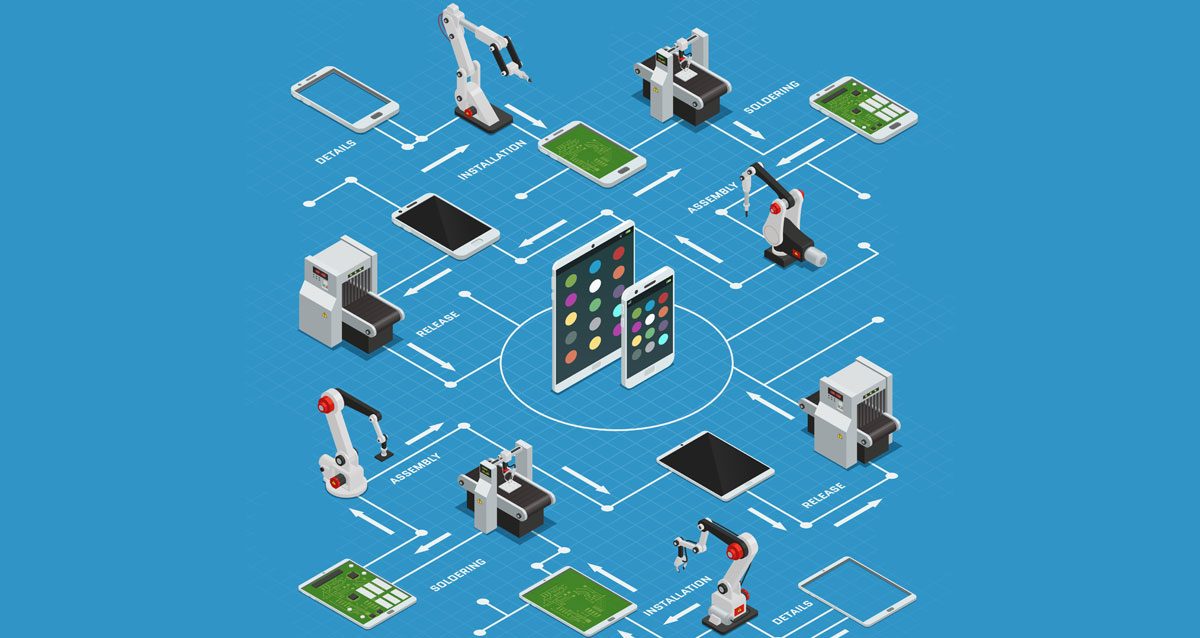
Independent distributors are positioned between the manufacturers or producers of components and retailers or large end-users. Sometimes they are also referred to as wholesalers because they buy large quantities of items directly from the manufacturers or first line distributors and then resell them in smaller quantities to other elements in the supply or distribution chain, such as dealers, resellers, or retailers, or even to large end customers.
The electronic components sector is highly dynamic and competitive, and is characterized by rapid technological changes. It is also very vulnerable to geopolitical and social dynamics that impact on the availability of raw materials and on supply chain logistics.
Independent distributors or wholesalers, therefore, play a very significant role in this market. In addition to:
They often also provide valuable consulting services to their customers, by helping them to understand the possibilities actually available in the market at a specific point in time, so that the customers can set more informed and accurate targets (in terms of type and quantity of product, price, and delivery times) according to their needs.
Innovation is the order of the day in the electronics field, meaning that products rapidly become obsolete as smaller, faster, more efficient products come to market. These characteristics are essential in certain markets, and so these customers usually prefer to source from players who have their fingers on the pulse of the market, and who are usually, therefore, one step ahead.
On the other hand, however, new products are often unstable, error-prone, or experience interconnectivity issues that take some time to be resolved at the beginning of their life cycles. In this case, the many companies that use electronics in mission-critical systems often prefer to rely on older, more stable technologies that have already been tried and tested in the market and are therefore known to be failsafe. Again, here, a company that is always in touch with various suppliers in the market is likely to know where these older, harder-to-find, or obsolete products can be found.
You may be asking yourself why these intermediaries still exist. In today’s world of internet connectivity and e-commerce, surely it is possible for companies to buy directly from the manufacturers?
Of course, it is technically possible, but if you consider the quantity of electronic components included in most consumer products today ー an average car has more than 4,000! ー the scale of the challenge quickly becomes evident.
For most companies with the pace of business today, it is far easier to deal with a limited number of trusted suppliers and apply the 80:20 principle, rather than having to deal with tens of dozens of different sellers and all the related variety of acquisition systems and processes, not to mention different currencies, sales terms, and customs regulations. The companies that do buy direct often have large purchasing departments staffed by large numbers of people, leading to greater overheads and consequently lower margins. So these companies either sell large volumes or very high margin items.
Choosing to partner with an independent distributor offers the customer multiple advantages because they know the ins and outs of all the market dynamics. For example, if you need components such as these from Texas Instruments:
After consultation, a good wholesaler should be able to find you the best conditions available on the market based on your needs.
Markets characterized by so much volatility and churn frequently attract opportunists seeking to make a quick deal or take advantage of naivety and lack of experience. There are also many old school types who play a game of numbers, using huge teams of telesales people to sell whatever stock they find at bargain basement prices without knowing the authenticity or functionality of the products.
Today’s economy requires companies to produce high quality products in more competitive markets to satisfy ever more discerning consumers. It therefore becomes especially important to select an independent distributor to partner with very carefully. The ideal company to partner with should:
Electronic Partner prides itself on its 20-year track record of doing just this for its customers – companies like you! We source cutting-end components and the latest technologies, as well as older fail-safe components for mission-critical systems.
Contact us today to see how we can help you.
Click to contact us
Blog article categories:
Search news articles: